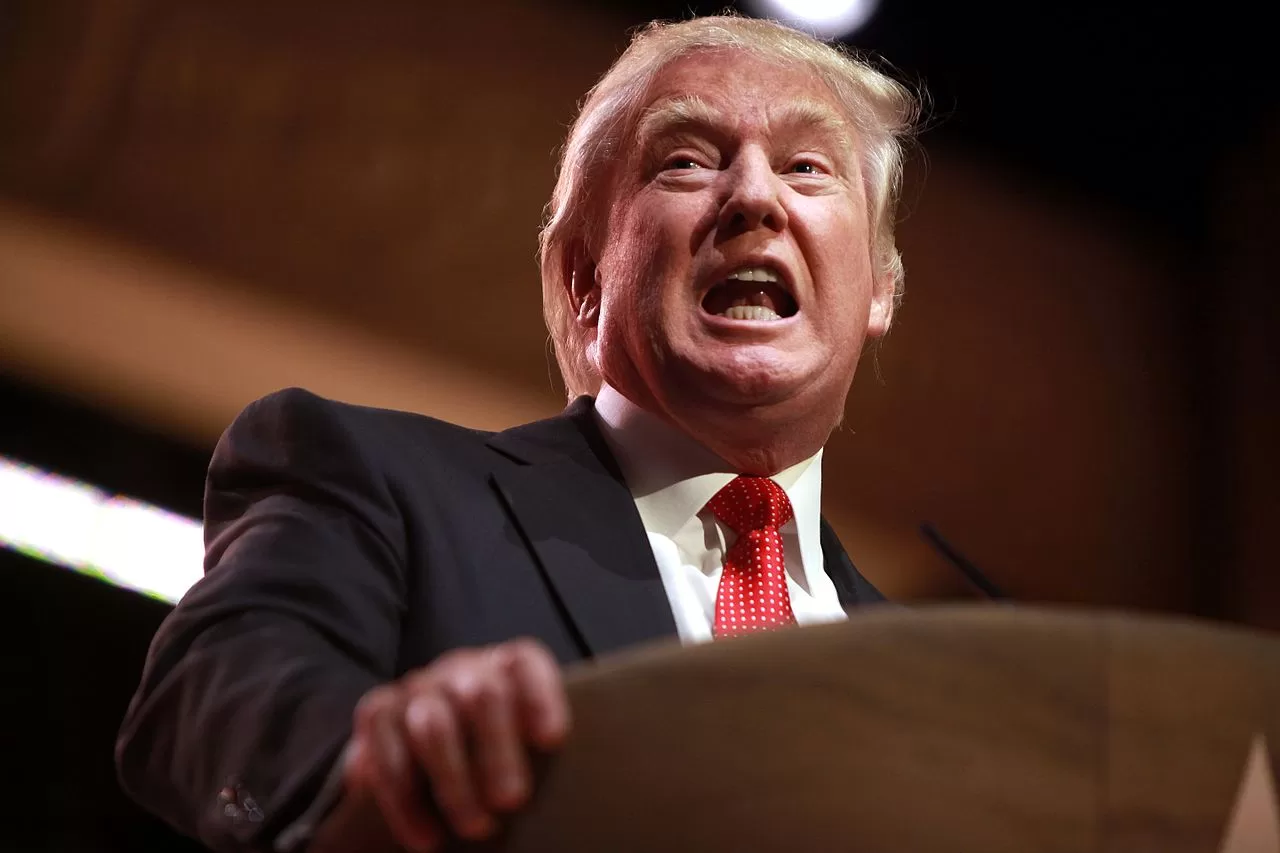The report of the Leveson Inquiry this autumn is likely to represent a watershed moment for the press and for press freedom in the UK. Its findings and its recommendations on a new system of press regulation, if taken up by the government, will have a major impact on journalism and free expression in Britain and beyond for years to come.
Since last November, the hearings have laid bare the operations of the UK press. In the wake of the News of the World phone-hacking scandal, unethical and illegal behaviour in the print media sector and intrusions into individuals’ privacy have rightly come under intense scrutiny. At the same time, the Inquiry and its hearings have opened up a wider discussion about how to protect freedom of expression and the ability of high quality and investigative journalism to hold government and other powerful bodies and individuals to account without allowing shoddy and dishonest journalism to operate with impunity.
The relationship between the press, politicians, officials and the police have also come under the spotlight, challenging the behaviour – and cronyism – of a number of journalists, politicians and police.
In this note, Index on Censorship sets out some key challenges that must be addressed if the approaching watershed moment for the British press is to be a positive one and if it is to set a standard that can impact constructively internationally too.
The full paper can be read in a PDF format.





